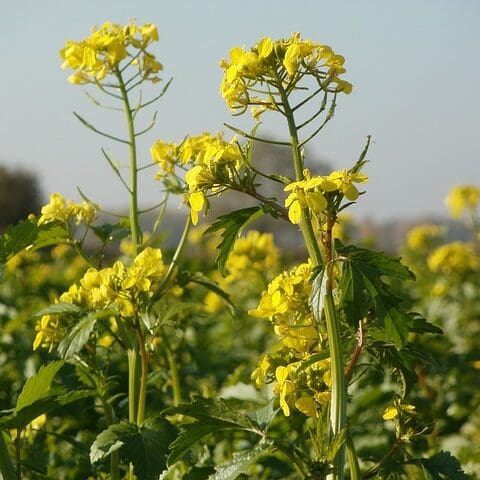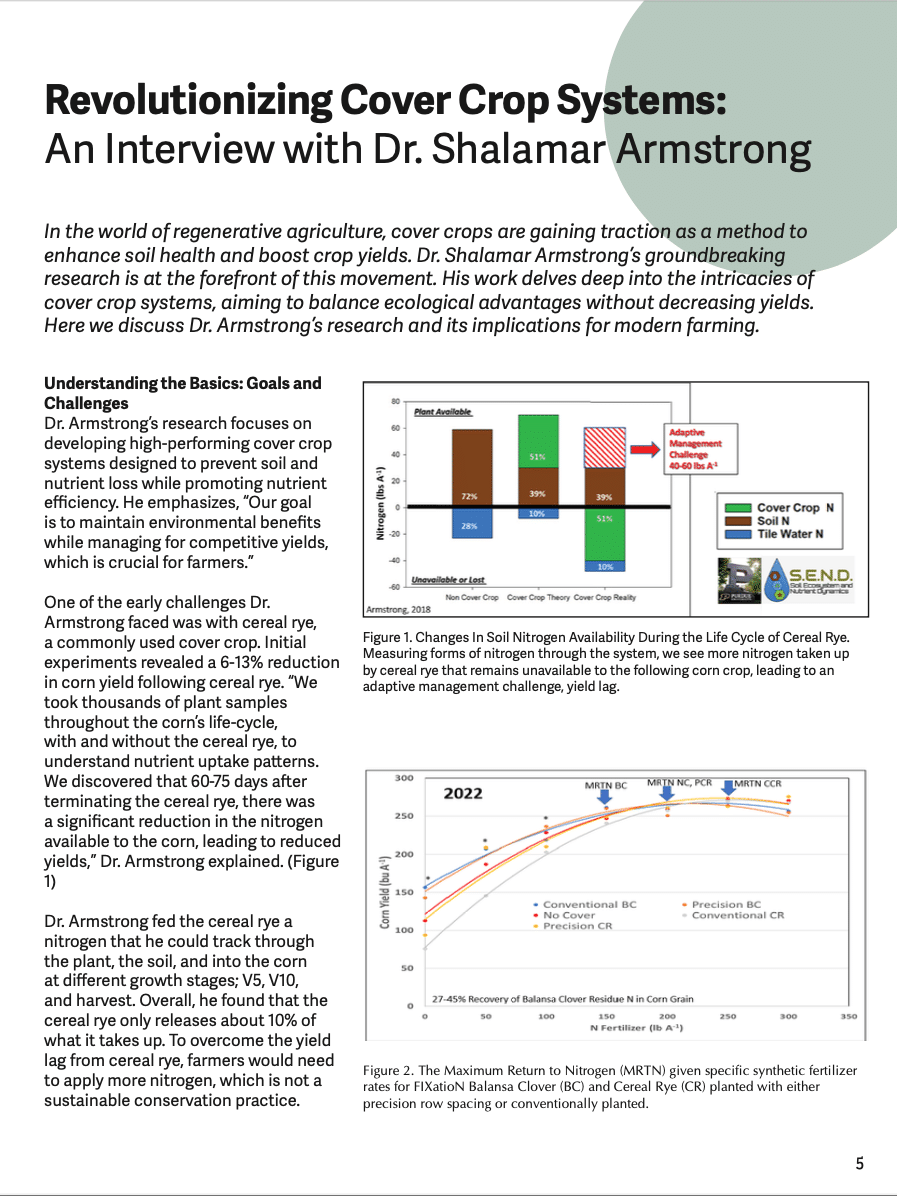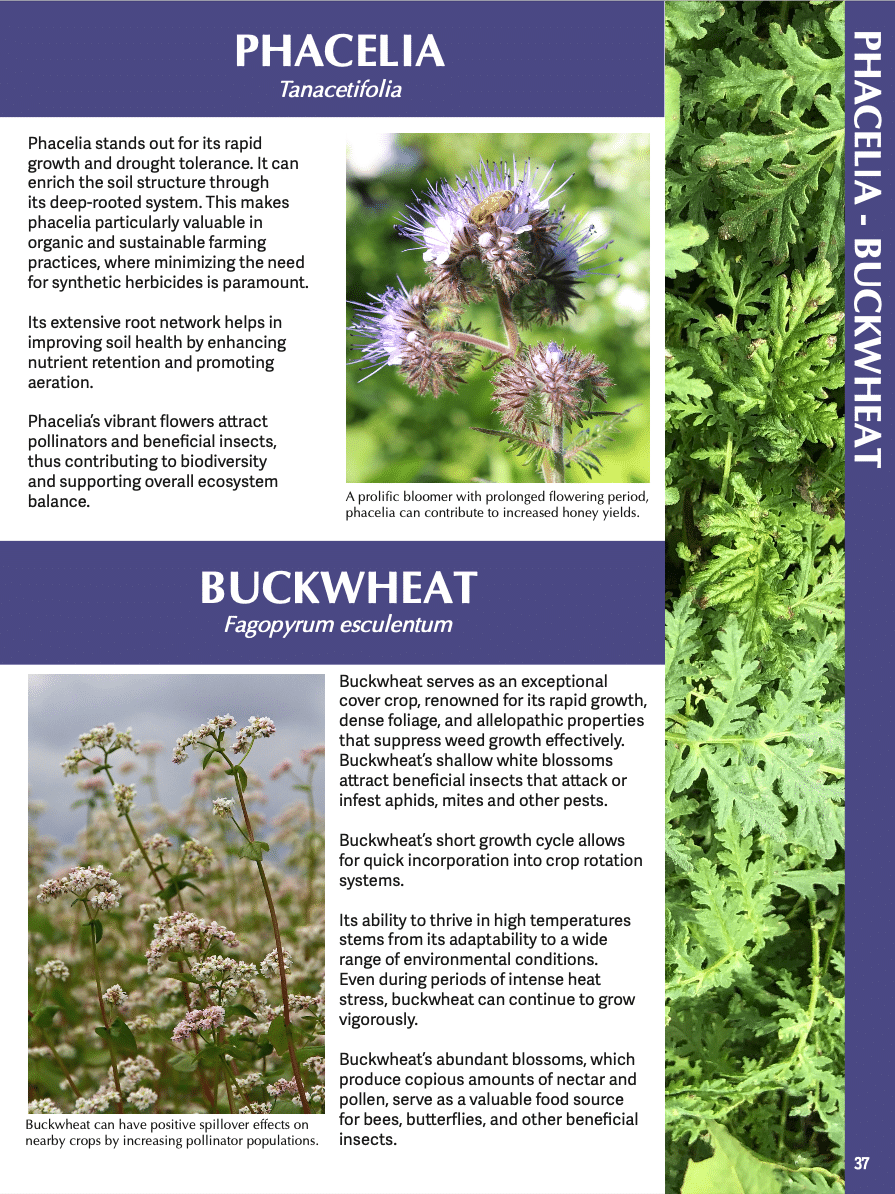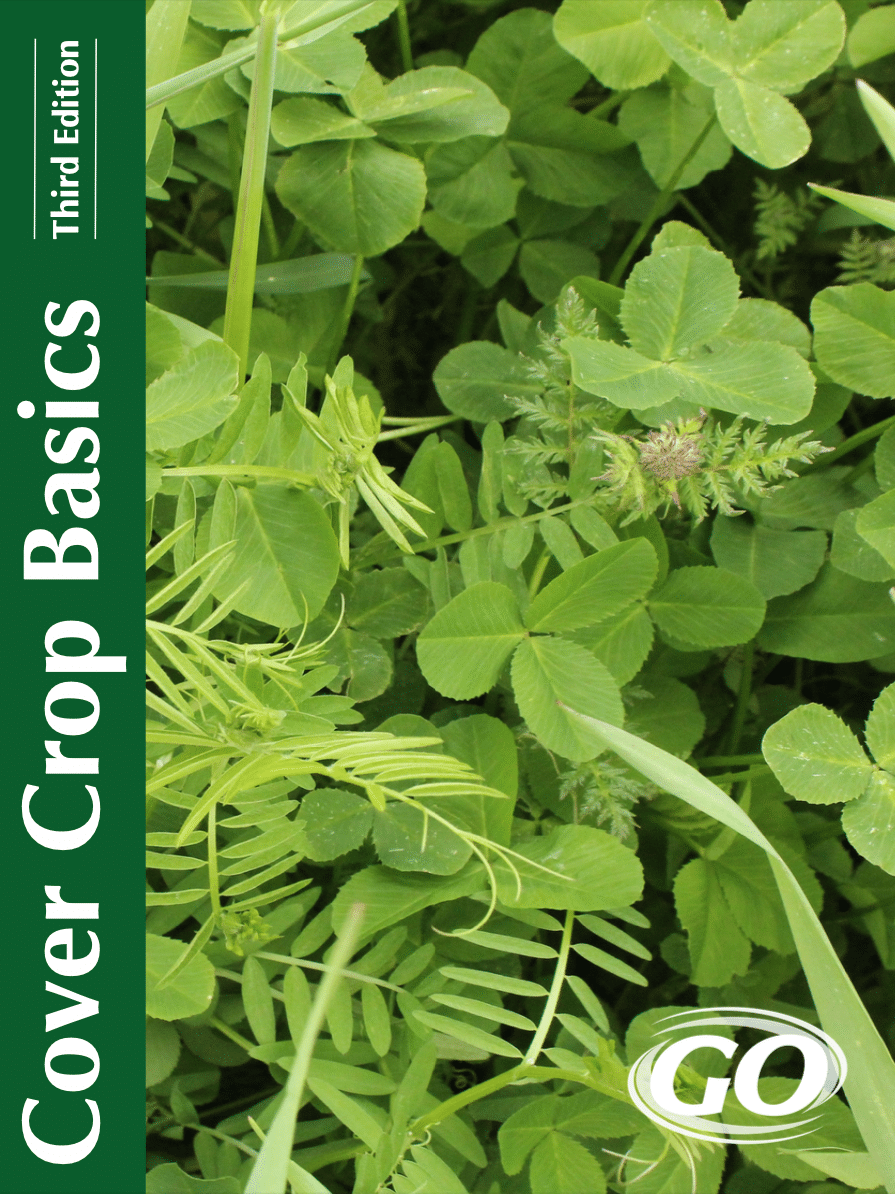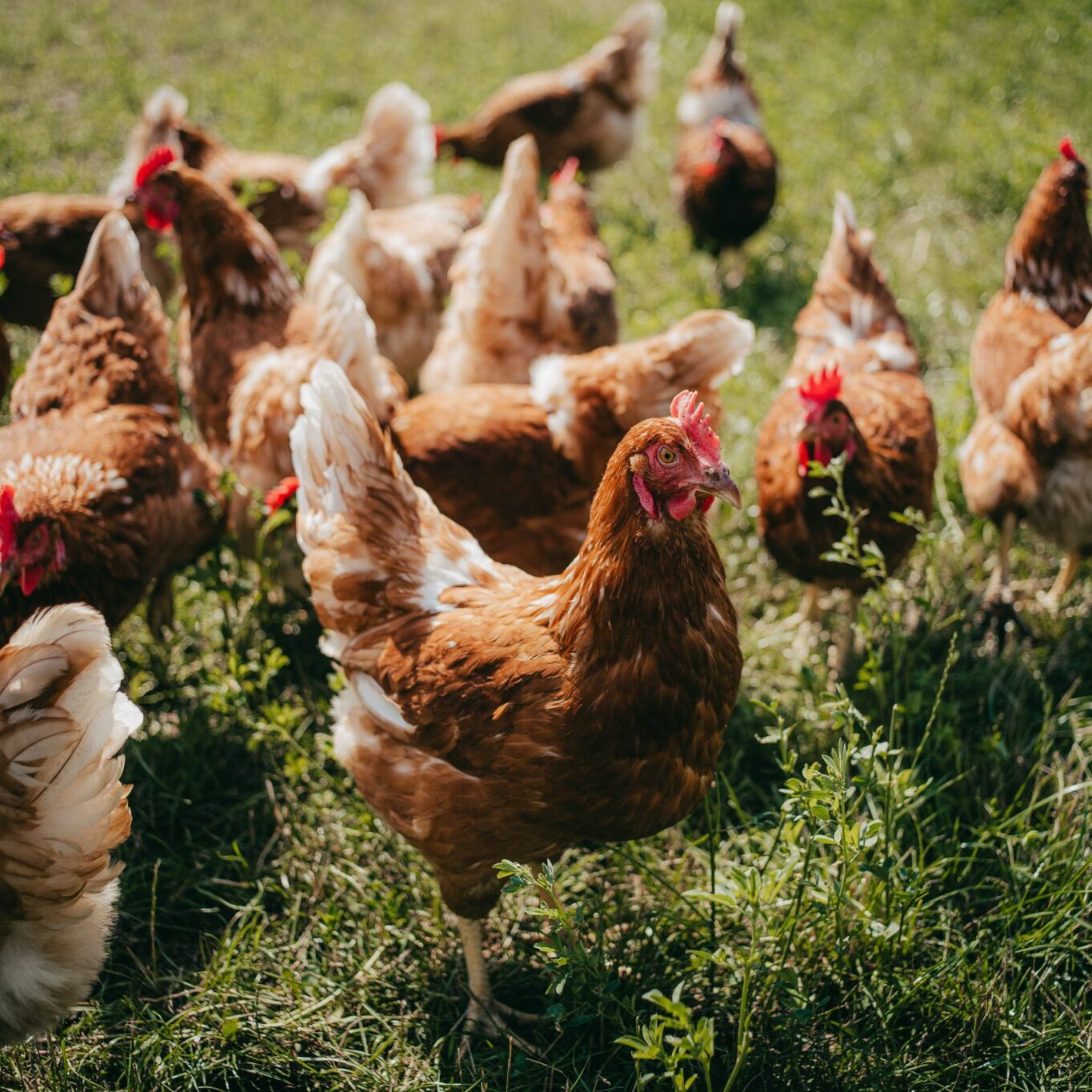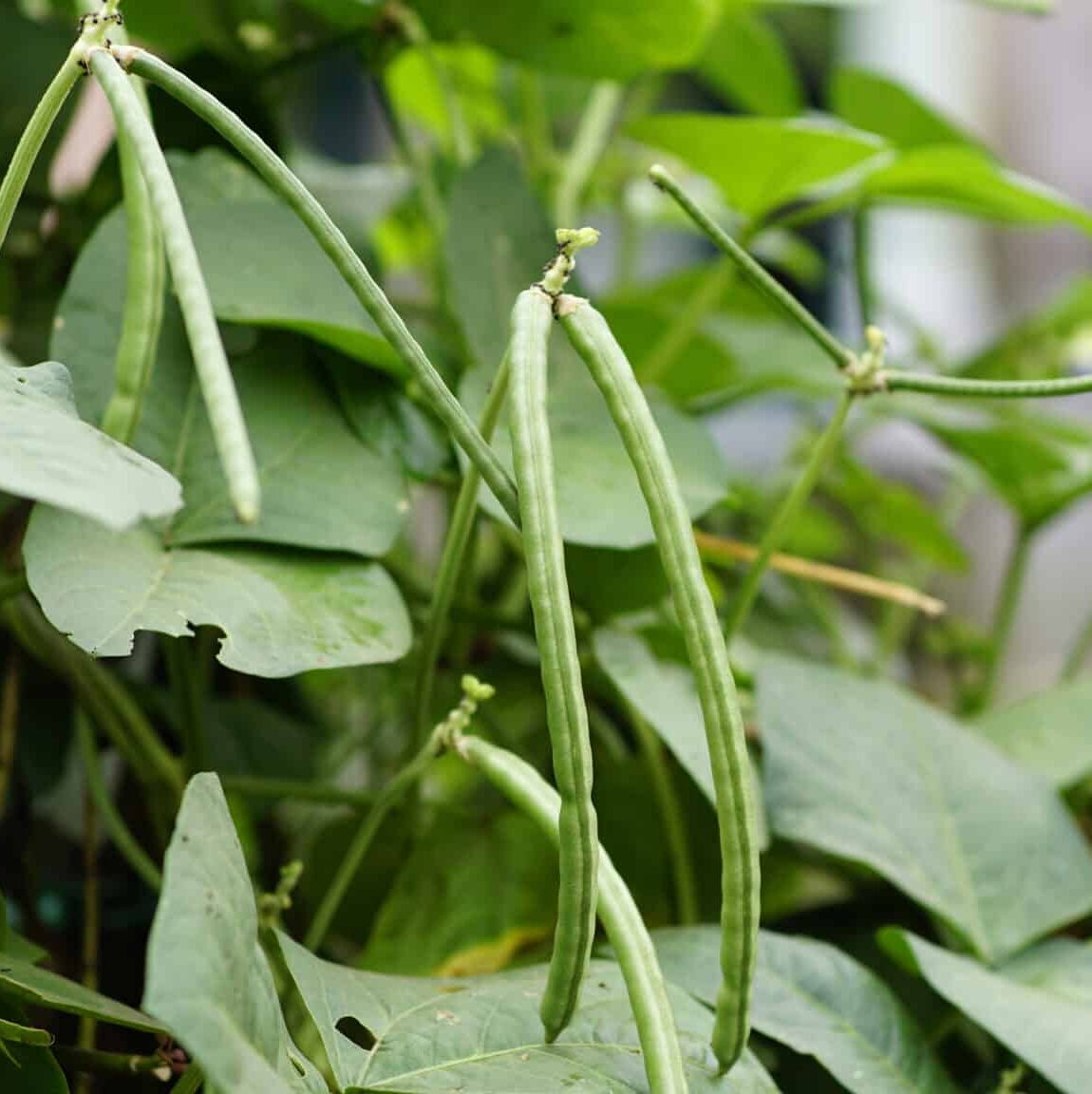Rapeseed
- Scientific name: Brassica napus
- Used for nutrient capture and a subsoiler
- Biological activity against plant parasitic nematodes
- Excellent for weed control
- Dual tolerance to hot and cold
- Excellent choice if cold tolerance is desired
Rapeseed
Scientific Name: Brassica napus
About Rapeseed:
Rapeseed (Brassica napus) has deep fibrous root systems and is used for nutrient capture and a subsoiler. This brassica has been shown to have biological activity against plant parasitic nematodes as well as weeds. It has great versatility when it comes to planting because it can be planted in the spring for a summer cover crop, and may also be planted in the fall for a winter cover crop. Because of its hot and cold dual tolerance it can be a better choice than radish’s in some cases. If you are needing a crop that can last through the winter, it is the best choice if more cold tolerance is desired for the blend or for grazing.
| Seed Specifications | Sowing Instructions |
|---|---|
| Average seed per pound: 157,000 | Aerial or surface seeding: 2.5 – 6 lbs/per acre |
| Emergence time: 4 – 10 days | Drill: 2 – 5 lbs/per acre |
| Minimum soil temperature for germination: 41 degrees Fahrenheit | Broadcast: 2.2 – 5.5 lbs/per acre |
**Click on the “Quick Plant Facts” tab above for more information.
Rapeseed USDA Plant Brochure
Rapeseed USDA Plant Brochure
PDF version of the Plant Rapeseed
Prepared By: United States Department of Agriculture, Agriculture Research Service
Rapeseed and Mustard Plant Sheet
Rapeseed and Mustard Plant Sheet
PDF version of Plant Guide and Fact Sheet
Cover Crop Basics
An informative, authoritative guide to cover crops. Very comprehensive, and covers all geographic regions of the USA. Published by GO Seed.
Who is Great Basin Seed?
Great Basin Seed is a seed company that specializes in seed sales and consultation for home, ranch, farm, range and reclamation. We have been a leader in the seed industry since 1974.
Our History
We've been in the seed business since 1974.
What We Offer
We offer seed for home, farm, ranch, range and reclamation projects.
Meet the Gang
We have the best employees in the world! We are proud of the work they do, and trust them to serve you!
Right: Company founder Lloyd and his wife Paula Stevens in a wildflower seed production field circa 1977
Helpful Links
Additional information about this product can be found on the academic websites linked below.
Synonyms
Many plants have more than one common and scientific name. We've listed a few of them below.
- Rapeseed
- Brassica napus
- Colza
Quick Plant Facts
| Common Name: | Rapeseed |
|---|---|
| Scientific Name: | |
| Lifespan: | |
| Origin: | |
| Plant Type: | |
| pH Tolerance: | |
| Seeds per Pound: | |
| Growth Height: | |
| Root Form: | |
| Planting Rate: | Aerial or surface seeding: 2.5 – 6 lbs/per acre, Broadcast: 2.2 – 5.5 lbs/per acre, Drill: 2 – 5 lbs/per acre |
| Min. Precipitation: | |
| Best Time to Sow: | |
| Max Sowing Depth: | |
| Growth Season: | |
| Sun & Shade Tolerance: | Full sun, Partial shade |
| Elevation of Occurance: | |
| Hardiness Zones: |

